Research hot topics
Science is moving fast, bringing innovations in diabetes treatments and care and fresh hope for a cure.
Our hot topics dive into the latest evidence in key areas of research, breaking down what the science tells us so far, what's next and what it means for people affected by diabetes.
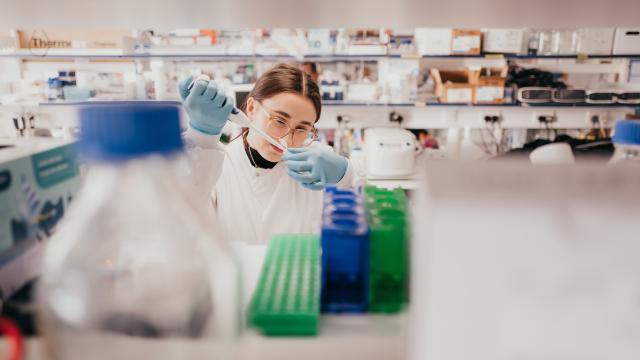
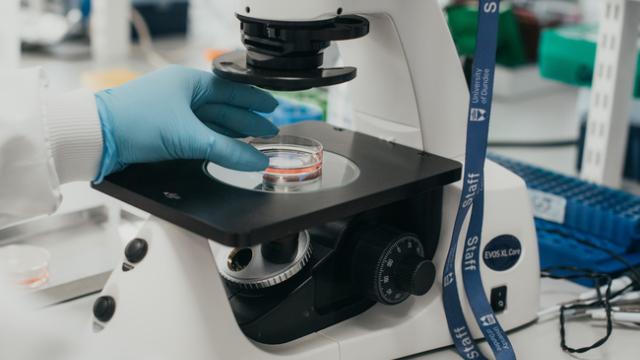
The latest research news
Stay up to date with the latest diabetes discoveries from Diabetes UK-funded researchers and other breakthroughs from around the globe.
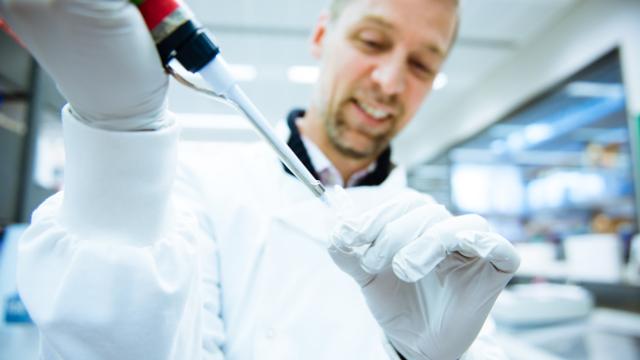
The road to a cure for diabetes
Scientists are exploring different possible routes to cure all types of diabetes. Discover what a cure could look like and how close we are to making it a reality.
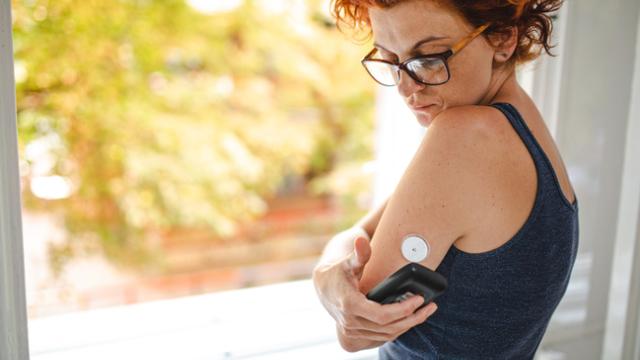
What causes type 1 diabetes?
There’s no single answer as to why the immune system attacks the pancreas. But research is piecing together the role of genetics and environmental triggers.
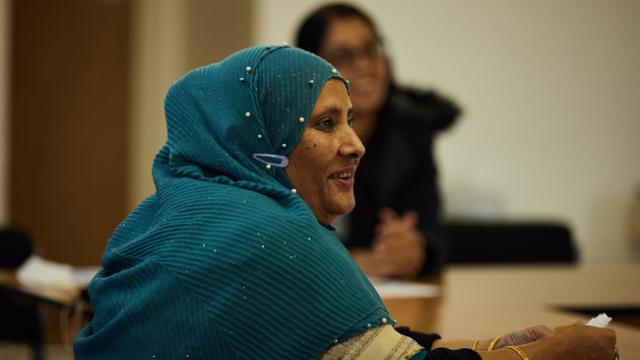
What causes type 2 diabetes?
Type 2 diabetes develops from a complex mix of factors, which are often misunderstood. Learn what research has revealed about the variety of drivers that can increase someone’s risk.

Screening and preventing type 1
Type 1 diabetes doesn’t develop overnight. Scientists can detect early warning signs, opening the door to earlier treatment to delay or, one day, prevent type 1.
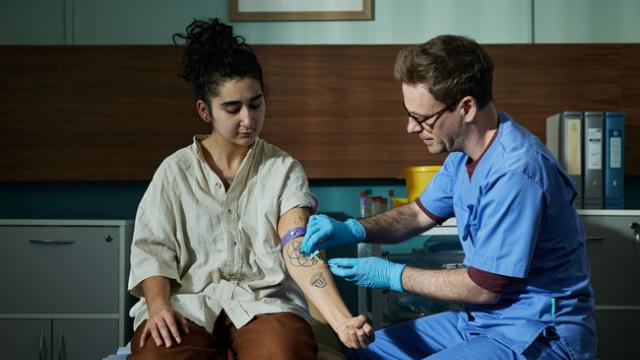
Immunotherapy to stop type 1 in its tracks
Cutting-edge treatments aim to slow or halt the immune attack at the root of type 1 diabetes, to protect insulin-making cells.
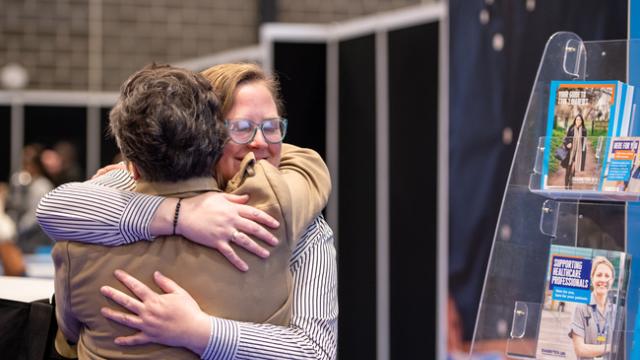
Diabetes and mental wellbeing
Living with diabetes takes a toll on mental health. Research is uncovering the origins of emotional and psychological challenges and finding ways to better support wellbeing.
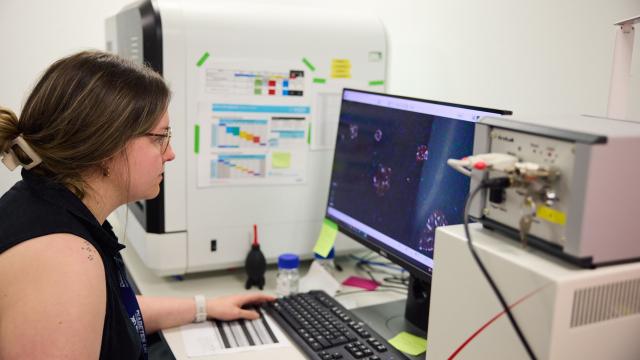
Artificial intelligence to make diabetes care smarter
AI is already powering improvements for people with or at risk of diabetes today, with researchers working to make even bigger breakthroughs in the future.
Off
More from this section...
